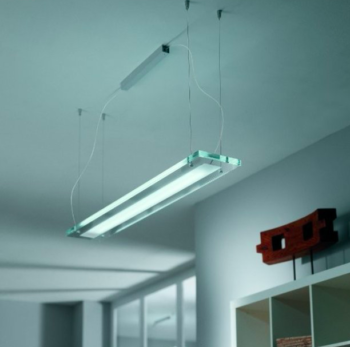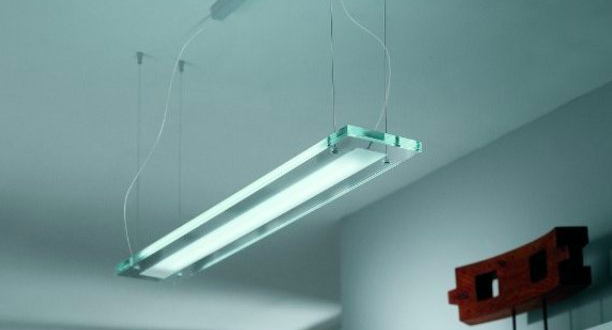 Just over 30 years ago a Harvard researcher proved that light controls the body’s internal clock. In the medical world, this is known as the circadian rhythm. But, a lot has changed in three decades. Now, both adults and kids spend hours on end staring at screens. In-between TVs, computers, smartphones and other devices, it’s easy to clock up a whole lot of screen time.
Just over 30 years ago a Harvard researcher proved that light controls the body’s internal clock. In the medical world, this is known as the circadian rhythm. But, a lot has changed in three decades. Now, both adults and kids spend hours on end staring at screens. In-between TVs, computers, smartphones and other devices, it’s easy to clock up a whole lot of screen time.
So, what does this mean for your body? While LEDs are more efficient than their fluorescent counterparts, they do have a dark side. They produce a lot of light in the blue spectrum, which is linked to a string of health issues. At the extreme end of the spectrum, overexposure to blue light is linked to obesity, breast cancer, prostate cancer, diabetes, heart disease and more.
Even in an everyday context, basking in too much light could be having an adverse impact on your life. Here’s how:
Sleep better
- One of the biggest findings is that exposure to blue light can suppress your body’s production of melatonin for up to four hours, which can mess with your sleep.
- Combat this by avoiding the use of fluorescent lights in your bedroom, especially if you like to read before bed.
- You can also try using an amber or red toned bulb. They’ll give your bedroom a sexy boudoir feel, and are less likely to shift your body’s circadian rhythm or suppress melatonin production.
- Another easy step you can take is to simply stop staring at bright screens at least two hours before you hit the hay or download the app f.lux which is a free app that makes the colour of your screen adapt to the time of day, warm at night and like sunlight during the day.
- If you have any omnipresent blue LEDs in your room, simply tape over them. You may barely notice they’re glaring, but your body will.
Rise and shine
- In the morning, blue light is a whole different story. It can boost your energy, and let your body know that it’s time to rise and shine. Halogen lights simulate natural sunlight, so flick one on when you wake up in the morning and let your body adjust.
- Soak up natural sunlight during the day, as it helps to lift your mood and energy levels. Plus, experts maintain it’s easier to sleep at night when your body has had its daily fix of daylight.
- If you ever find yourself suffering from blurry vision and a dull headache, you could be feeling the effects of eye strain. It’s triggered by fluorescent lighting, which are much brighter than traditional incandescent bulbs.
- If you do engage in a lot of screen time, use the 20/20/20 rule. Basically, you look away from your digital device every 20 minutes, for 20 seconds, staring at an object 20 feet away. This helps to refocus your eyes and minimise digital light strain.
If you want to minimise eye strain, energise your body and enjoy a better night’s sleep, these light hacking tips are definitely worth a try.









Join the Discussion
Type out your comment here:
You must be logged in to post a comment.